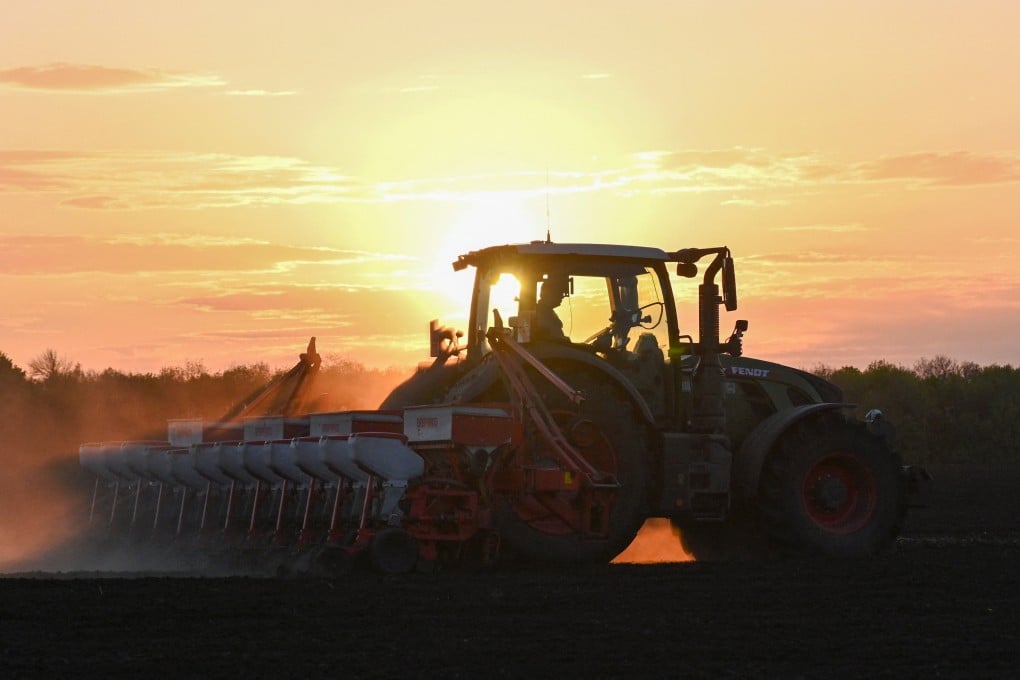Advertisement
Opinion | How China-Russia grain corridor can help Beijing safeguard food security and boost agricultural trade
- By using the grain corridor with Russia to further diversify supply routes, China can reduce its reliance on global chokepoints while ensuring a more secure food supply chain
- However, challenges remain, including the small volume of Russian exports, different approaches to collaboration, tariff policies and a lack of infrastructure
Reading Time:3 minutes
Why you can trust SCMP
3

Last month, Russia announced it would boost its grain exports to China via the New Land Grain Corridor. Proposed by Beijing in 2012, the corridor aims to develop infrastructure and increase grain production, connecting Russia’s far eastern regions to Inner Mongolia in northern China.
In June 2022, Russia’s New Land Grain Corridor Group of Companies and the state-owned China Chengtong International Investment Company signed an agreement to jointly work on the project, with a focus on settling transactions in national currencies.
The construction of a grain railway terminal transshipment facility at Zabaikalsk, near the Russia-China border – which was inaugurated in September 2022 – addressed the rail gauge differences between the two countries. Previously, it was impossible to run trains from one network to the other without interruption, so Russian grain exports had to be shipped to China, which took several months.
The transshipment hub reduces transport time to two to three weeks and has an annual capacity of up to 8 million tonnes, enhancing Russian agricultural product competitiveness and boosting Sino-Russian trade.
The new grain corridor can potentially offer multiple benefits for China, particularly in the context of food security.
First, the corridor contributes to China’s agricultural import diversification strategy, which has become crucial amid domestic climate shocks and strained relations with major grain suppliers such as the United States. As President Xi Jinping noted in a recent article on agricultural self-reliance, the crisis arising from Russia’s invasion of Ukraine shows that agriculture is a “foundation of national security”.
Advertisement

